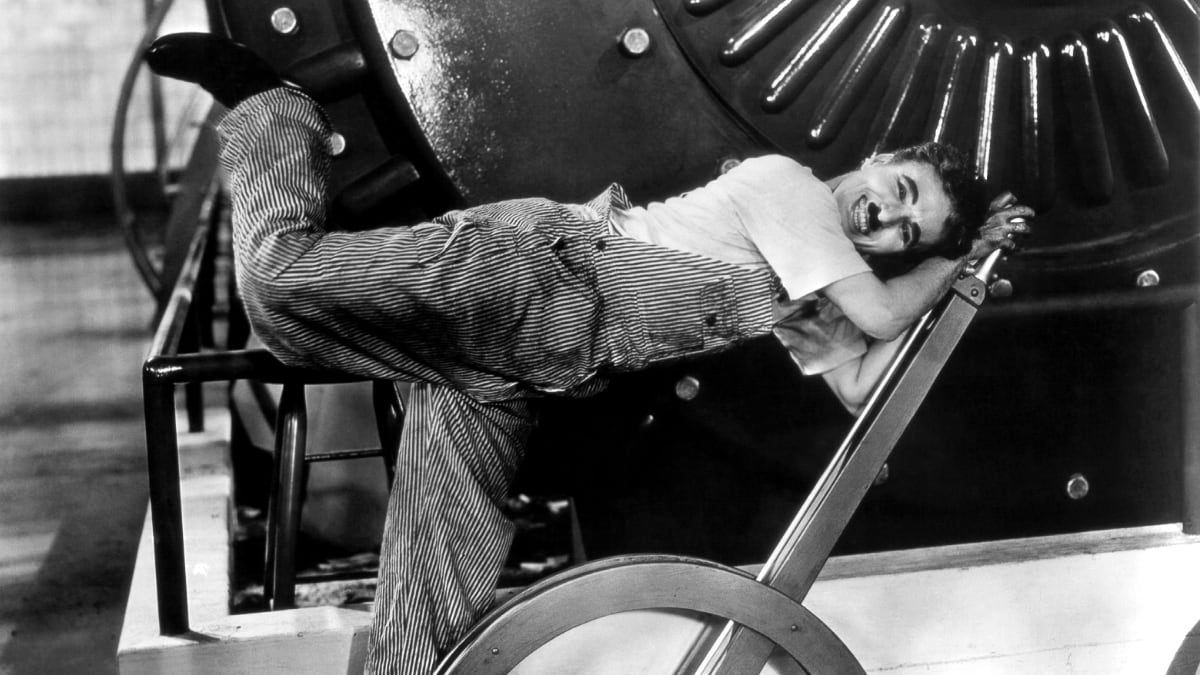My post about watching movies at double-speed elicited strong reactions. Some folks seem convinced that giving people the ability to watch movies faster will diminish the viewing experience, and not just for them — for everyone. Why? Because such changes inevitably influence the medium itself.
Consider the way sound changed movies. “Talking” pictures did away with title cards. That was a significant change to the medium, which was wrought by advances in technology. Once it was possible to synchronize sound and pictures, irreversible changes to the medium were inevitable.
Are movies with sound better or worse than what came before? That’s a judgment call. It depends on your point of view. You and I grew up in a world of talking pictures; the silent ones with their title cards seem old and clunky. But they have merits too. Silent films had literate value. Many featured live musical performances, which made them into more of an event than pre-recorded movies. I can imagine somebody who grew up with silent movies could become attached to the way they were.
Over the past couple of years, I’ve revisited a few “classic” 1970s and 1980s movies with my kids: BACK TO THE FUTURE, STAR TREK II: THE WRATH OF KHAN, SUPERMAN, POLTERGEIST, etc. I loved these films when I was a kid. They had engaging stories and featured spectacular special effects. But seen through my children’s’ eyes, these movies look slow and cheap. They look old.
What happened? Of course, technology evolved: computer-generated special effects made presenting even the most fantastic ideas possible. But other contextual issues influenced the medium as well. I grew up in a world with only a few TV channels. Audience attention spans have shortened now that we have more choices. This, too, inevitably influences the way we tell stories in media.
Are the new films, with their faster pacing and unbelievable (in every sense of the word) effects, better or worse? There’s no way to be objective about such questions. We like what we like, and we’re likely to like the stuff we’ve liked before. The only thing we can state objectively is that the newer films are different, and they will keep getting more different as our technology and contexts change. It’s difficult to experience such changes with equanimity.
This is true for more than just movies. One of the challenges of aging is acquiring wisdom without becoming attached to the superficial trappings of the past. This calls for being open to the present, not judging prematurely based on our personal preferences. I’m reminded of these lines from David Foster Wallace’s fantastic commencement speech, This is Water:
If you’re automatically sure that you know what reality is, and you are operating on your default setting, then you, like me, probably won’t consider possibilities that aren’t annoying and miserable. But if you really learn how to pay attention, then you will know there are other options. It will actually be within your power to experience a crowded, hot, slow, consumer-hell type situation as not only meaningful, but sacred, on fire with the same force that made the stars: love, fellowship, the mystical oneness of all things deep down.
Not that that mystical stuff is necessarily true. The only thing that’s capital-T True is that you get to decide how you’re gonna try to see it.
This, I submit, is the freedom of a real education, of learning how to be well-adjusted. You get to consciously decide what has meaning and what doesn’t. You get to decide what to worship.
